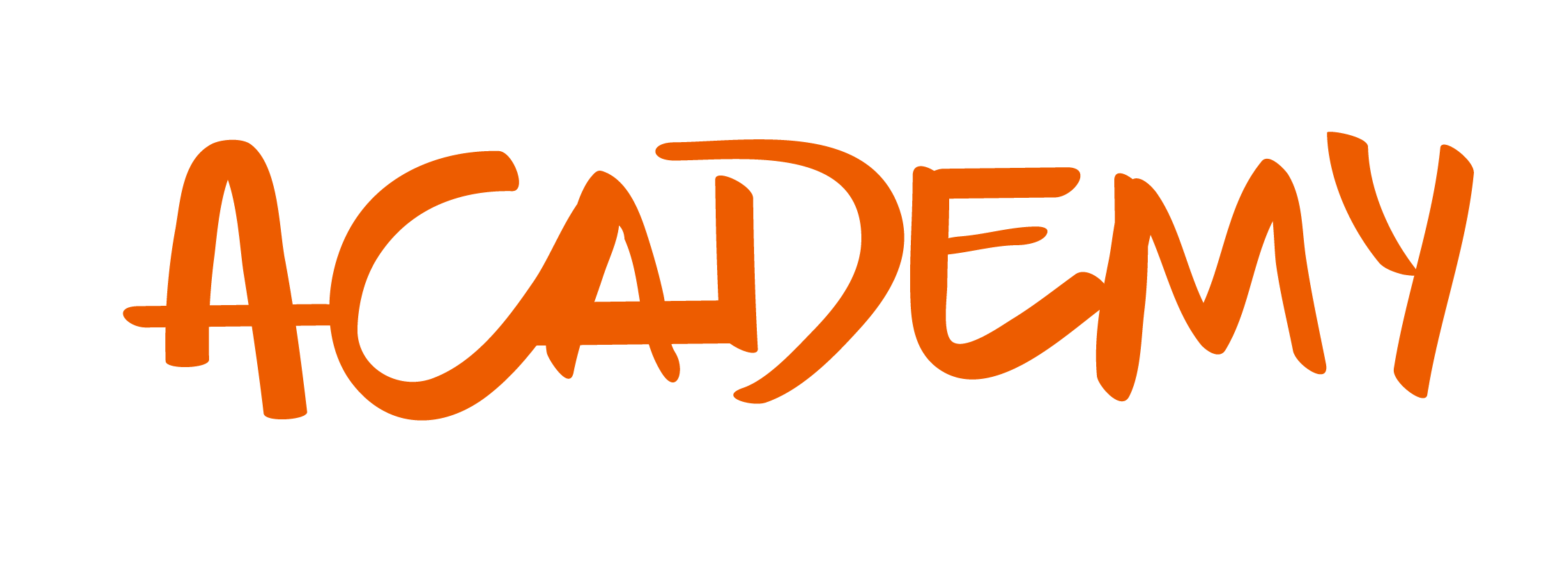In the current context, transparency with clients has become an invaluable asset for law firms seeking to establish strong and lasting relationships. Trust is the foundation of any successful relationship, and in a legal environment where clients often find themselves in delicate and stressful situations, transparency plays a crucial role in building and maintaining that trust.
Transparency with clients involves providing them with clear and comprehensive information about their cases, legal processes, fees, and any other relevant aspect of their relationship with the law firm. This not only creates a relationship of mutual trust but also offers a range of significant benefits for both the client and the law firm. Here we will discuss why transparency is so beneficial and how management tools can facilitate this process.
Transparency as a Key Strategy in the Legal World
Transparency in the relationship between law firms and their clients is an increasingly valued practice in the current context. In a world where information is accessible and trust is a crucial factor, transparency has become an invaluable asset for building a solid and reliable legal brand.
When a law firm is transparent with its clients, it demonstrates to them that they have nothing to hide and that they are committed to their well-being and success. This transparency helps build a strong relationship of trust, where clients feel secure in entrusting their lawyers with personal and often delicate matters. Furthermore, by providing clear and honest information, the law firm establishes its credibility and reputation as a reliable and ethical partner.
Transparency is also essential for effectively managing client expectations. By providing detailed information about deadlines, legal processes, and potential outcomes, the law firm helps to avoid misunderstandings and future disappointments. Clients know what to expect at each stage of the process, enabling them to make informed and realistic decisions about their case.
Moreover, when clients feel included and well-informed about their case, they are more willing to collaborate closely with their lawyers. Transparency fosters a collaborative working relationship, where clients can provide relevant information and ask questions without feeling intimidated or insecure. This, in turn, allows lawyers to better understand the needs and concerns of their clients, enabling them to provide a more personalized and effective service.
Lack of transparency can lead to misunderstandings and disputes between clients and the law firm, which can irreparably damage the relationship. Providing clear and comprehensive information from the outset helps to avoid confusion and unnecessary conflicts, saving time and resources for both the client and the law firm.
How Management Tools Facilitate Transparency
In the current digital era, management tools play a fundamental role in facilitating transparency with clients in law firms. Tools like COR enable lawyers to easily share relevant information with their clients, keep them updated on the progress of their cases, and respond promptly to their questions and concerns.
Additionally, management tools allow law firms to effectively store and manage client contact information and interaction history. This ensures that lawyers are always well-informed about the individual needs and preferences of each client, enabling them to offer a more personalized and client-oriented service.
Conclusion
Transparency with clients is essential for building a solid and reliable legal brand. Providing clear and comprehensive information, managing expectations, fostering collaboration, and avoiding misunderstandings and disputes are just some of the benefits of transparency. With the support of effective management tools, law firms can facilitate this process and deliver exceptional service to their clients.














